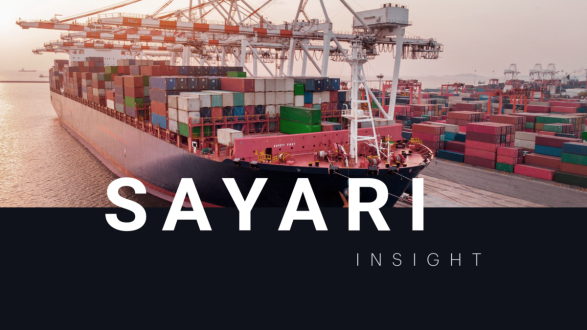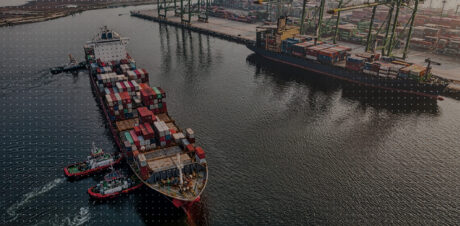A multi-ton cocaine seizure in the city of Hamburg, Germany conducted earlier this month is connected to a company based in Paraguay, according to Paraguayan tax and trademark records.
The seizure itself highlights the continued role of European ports in receiving bulk consignments of cocaine from South America via shipping containers. The connection to the Paraguayan company underscores the value of public records in identifying actors potentially involved in transatlantic cocaine trafficking.*
German authorities seize multi-ton shipment of cocaine in Hamburg
German customs officials announced in a Wednesday press release that they had seized over 16 tons of cocaine on Feb. 12 hidden inside three shipping containers that arrived in Hamburg from Paraguay. Within the containers, the cocaine had been packed inside more than 1,700 tins containing construction putty.
German officials were tipped off by Dutch authorities who, themselves, had conducted a “risk analysis” to identify the high-risk shipments, according to Dutch police and reported by CNN.
After the Hamburg seizure, Dutch officials identified 11 additional high-risk containers arriving in Antwerp, Belgium from Panama, filled with fruit, seafood and wood. The Belgian authorities then seized over 7,000 kilograms of cocaine from a container carrying wood, according to Dutch authorities.
The seizure of 16 tons of cocaine in Hamburg alone, marks the largest cocaine seizure ever in European history. While no arrests were made in Germany, Dutch authorities arrested a 28-year-old man from Vlaardingen, Netherlands for his alleged role in acting as the recipient of the more than 23 tons of cocaine seized in Hamburg and Antwerp, according to German customs officials.
The 23 tons of cocaine seized by German and Belgian authorities had a street value in the billions of euros, according to the Wednesday press release.
Hamburg seizure tied to Paraguayan company
While no information was provided regarding the shipper and consignee of the items sent to Hamburg, photos of tins that were ostensibly used to conceal cocaine provide clues as to who may have been involved in sending the shipment.
Photos of the seizure provided by German customs authorities show crates of different colored tins with the label “Fox Colors.” Fox Colors is a trademark registered with Paraguay’s National Directorate of Industrial Property (Dirección Nacional de Propiedad Industrial, DINAPI).
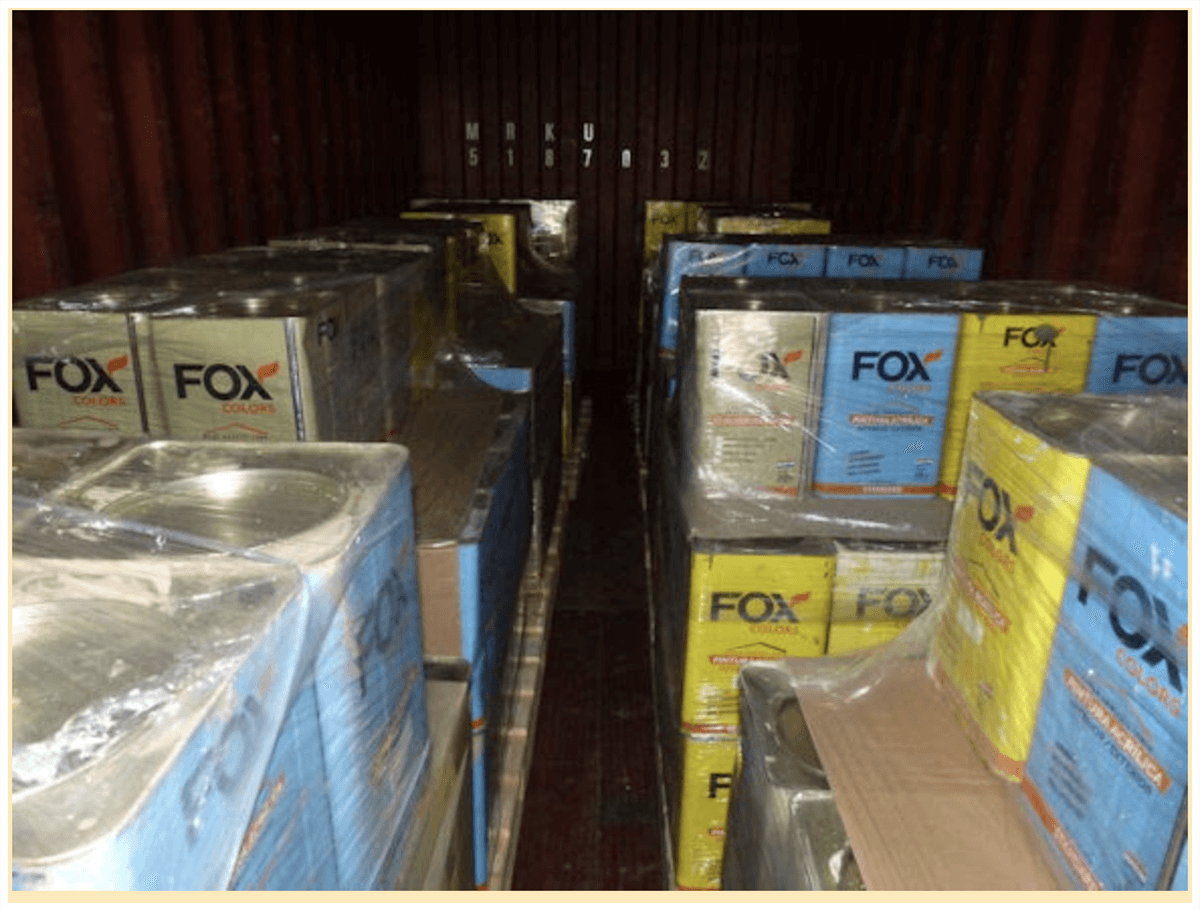
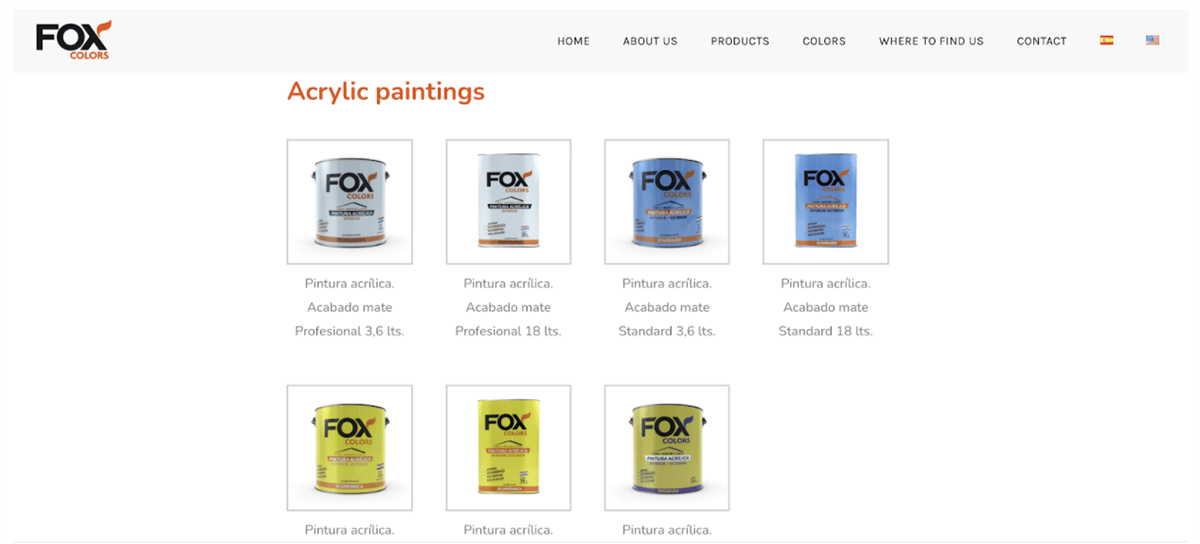
Fig 1. Left: Photos provided by German customs authorities of some of the tins where cocaine was found. Right: Snapshot of the Fox Colors webpage showing acrylic paint cans whose color scheme and design are identical to the tins found to be concealing cocaine in Hamburg.
According to DINAPI, the holder of the trademark is a company called Pinturas Tupa S.A. The registered address of Pinturas Tupa is in Mariano Roque Alonso, a town that sits along the Paraguay River and is part of Asunción’s metropolitan area.
Pinturas Tupa is owned by Diego Isaac Benitez Cañete and Karen Alcira Ortellado Talavera, and specializes in paint and other types of coatings, according to tax records from Paraguay ‘s tax authority (Subsecretaría del Estado de Tributación, SET). Together, the two own nine additional companies in Paraguay, operating in private security, transportation and cattle ranching, among other sectors.
Neither of the individuals have been formally charged with any crimes.
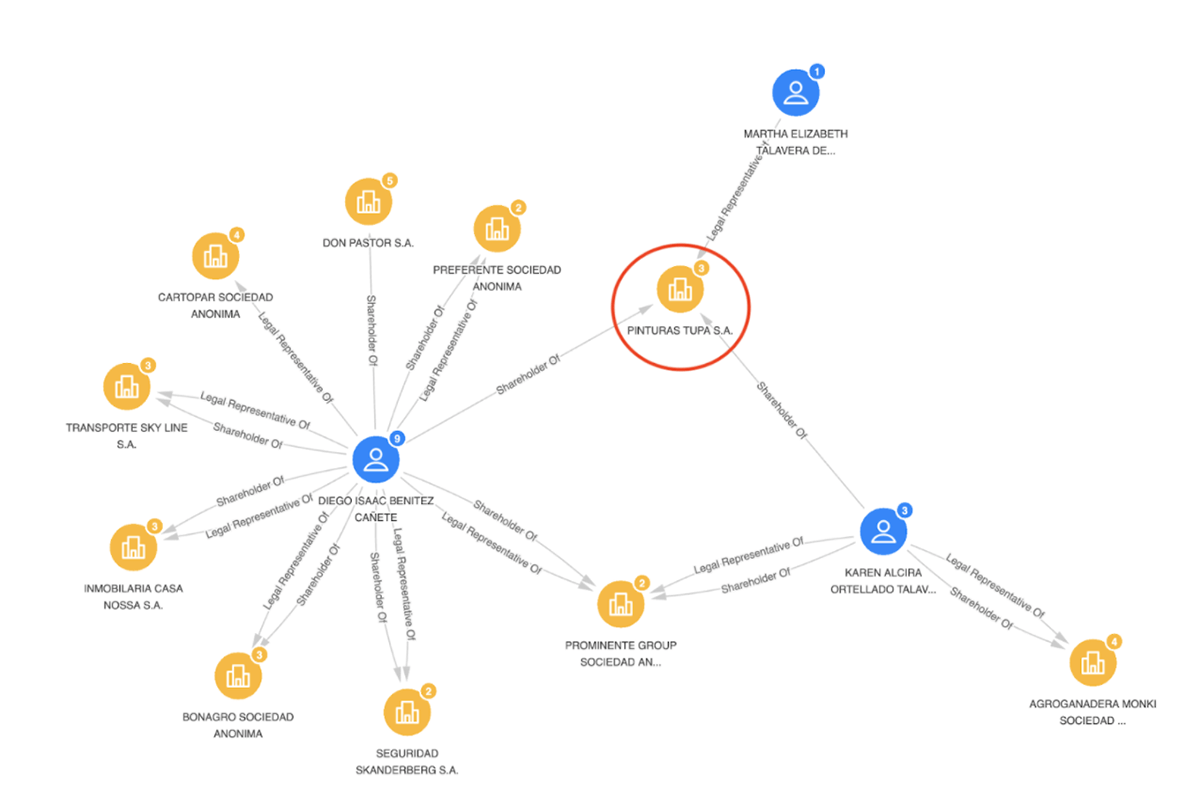
Fig 2. Snapshot of Sayari Graph network including Pinturas Tupa S.A. (circled in red), along with associated companies in Paraguay.
Recent exports to Europe and the Middle East
Commercial trade data sheds additional light on Pinturas Tupa’s transatlantic shipping activities.
On Dec. 18, Pinturas Tupa sent a shipment of 3,600 tins of mastic weighing over 72,000 kilograms and valued at over $50,000 to an undisclosed consignee in Germany, according to trade data from Panjiva. It is unclear whether this specific shipment was the same shipment that contained the cocaine seized by German authorities in February.
The December shipment came two weeks after the company sent 2,160 tins of the same goods weighing 45,000 kilograms and valued at over $30,000 to Belgium.
Additionally, in three separate shipments spanning April, July and September, Pinturas Tupa sent close to 8,000 tins of mastic weighing over 225,000 kilograms and valued at over $100,000 to unknown parties in Israel.
The description of the goods purportedly shipped to Germany, Belgium and Israel, closely resemble the construction putty that the German authorities uncovered in the tins along with packages of cocaine, according to the HS codes included on the bills of lading.
Finally, at least one additional company in the corporate network with the same registered business purpose as Pinturas Tupa has sent several shipments of the same or similar material to Europe and Israel in the last two years as well.
Between December 2019 and July 2020, Preferente S.A., another company owned by Diego Benitez, purportedly sent 15 shipments containing tins of the same or similar material as that sent by Pinturas Tupa, to Israel, Bulgaria, and Belgium. All but two of the 15 shipments were sent to Bulgaria.
European ports flooded with South American cocaine
Large ports in Europe have long served as key transit points for South American cocaine entering the continent. Indeed, sending cocaine to Europe in large consignments on shipping containers is but one of many ways traffickers get the drug across the Atlantic.
Additionally, investigations into transatlantic cocaine trafficking rings, especially those moving large quantities in shipping containers, have pointed to the use of front companies in import and export operations. These companies will often specialize in a specific type of commodity in order to conceal cocaine shipments on containers.
While it is too early to tell whether Fox Colors was a front business set up solely for the purpose of moving cocaine, the fact that such a large consignment of cocaine was hidden within its merchandise raises serious questions as to the company’s level of involvement in the cocaine shipment to Hamburg.
Finally, future shipments of similar commodities sent by other companies in the corporate network — namely, Preferente S.A. — warrant further examination by customs officials.
*A previous edition of this post stated that the link between the Paraguayan company and the cocaine seizure was previously unreported. That statement was incorrect; reports of the connection between the company and seizure were made public as of at least Feb. 24, 2021.
